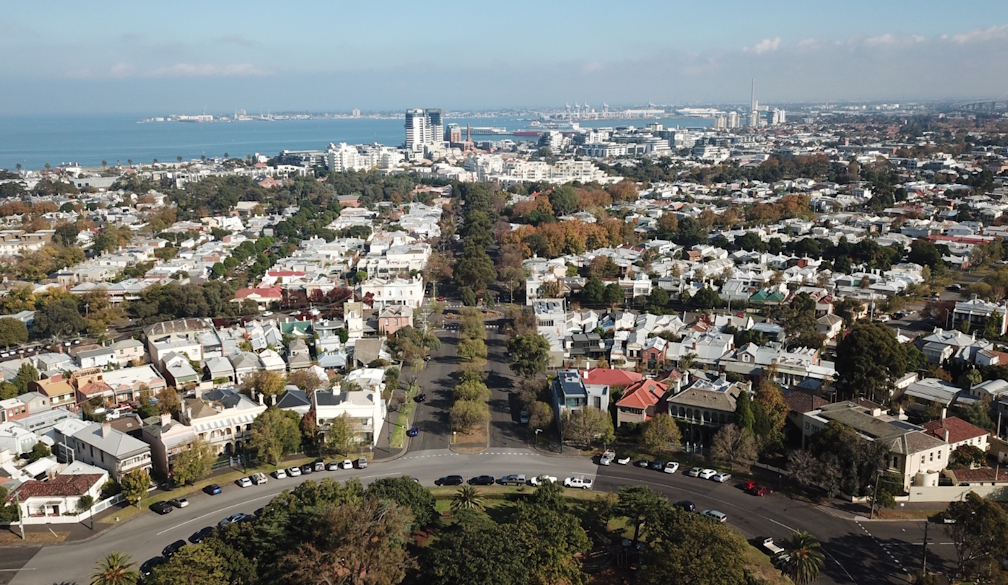Factors to consider when buying an investment property in Melbourne

When choosing a Melbourne suburb for an investment property, several factors need to be considered to ensure a good return on investment. Here’s a breakdown:
1. Demographics and Demand
• Population Growth: Look for suburbs experiencing population growth, as it often leads to increased demand for housing.
• Tenant Demographics: Consider the type of tenants (e.g., students, families, professionals) and whether the property suits their needs.
• Vacancy Rates: Check the suburb’s rental vacancy rates to assess the ease of finding tenants.
2. Property Prices and Trends
• Median Property Prices: Research current median house or unit prices in the area.
• Capital Growth Potential: Analyze historical growth trends to predict future performance.
• Affordability: Ensure the suburb aligns with your budget and financing capacity.
3. Rental Yield
• Rental Demand: Areas near universities, hospitals, or business hubs tend to have high rental demand.
• Rental Income: Calculate expected rental yield to ensure it covers expenses and generates profit.
4. Infrastructure and Amenities
• Transport Links: Access to public transport, highways, and airports is crucial.
• Schools and Universities: Proximity to quality educational institutions attracts families and students.
• Healthcare and Shopping: Nearby hospitals, clinics, and shopping centers add convenience.
• Lifestyle Factors: Parks, cafes, beaches, and entertainment options can increase property appeal.
5. Future Developments
• Urban Planning: Investigate upcoming infrastructure projects, like train stations, road upgrades, or shopping precincts, as these can boost property value.
• Zoning Changes: Be aware of changes to zoning laws that may impact property use or future developments.
6. Crime Rates and Safety
• Suburbs with low crime rates are more appealing to tenants and buyers, especially families.
7. Employment Opportunities
• Look for suburbs close to business districts or areas with growing industries.
8. Supply and Demand Balance
• Avoid oversupplied markets where excessive developments (like apartments) may drive down rental yields and capital growth.
9. Property Type
• Decide between houses, apartments, or townhouses based on demand and growth trends in the area.
• Consider the maintenance and management costs associated with each type.
10. Local Council and Regulations
• Check council rates, fees, and restrictions on renovations or developments.
11. Tax Benefits
• Some areas offer tax benefits like depreciation allowances or incentives for certain types of property investments.
12. Suburb Reputation
• Research the suburb’s image and desirability, as this impacts long-term growth.
Popular Melbourne Suburbs for Investment (as of recent trends):
• Inner City: Richmond, South Yarra, Carlton (high rental demand).
• Growth Corridors: Tarneit, Werribee, Cranbourne (affordable housing, rapid development).
• Lifestyle Suburbs: St Kilda, Brighton, Williamstown (close to beaches, high-end appeal).
This article was sourced from the team at TheTimesRealEstate.com





